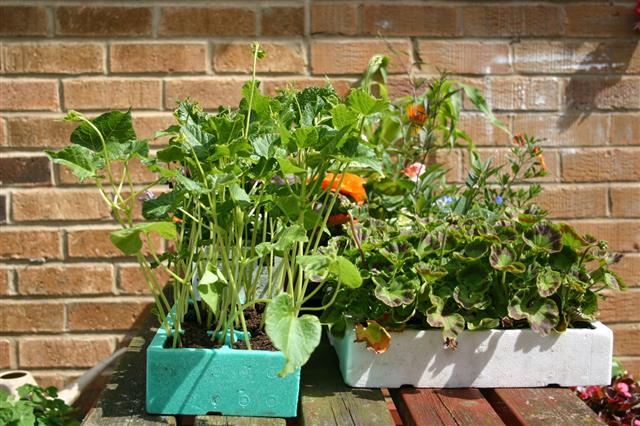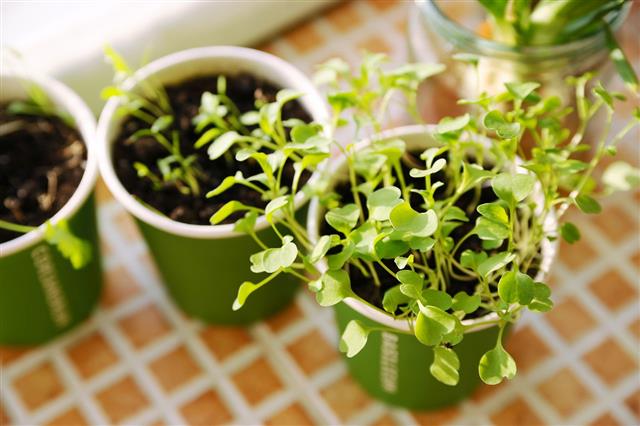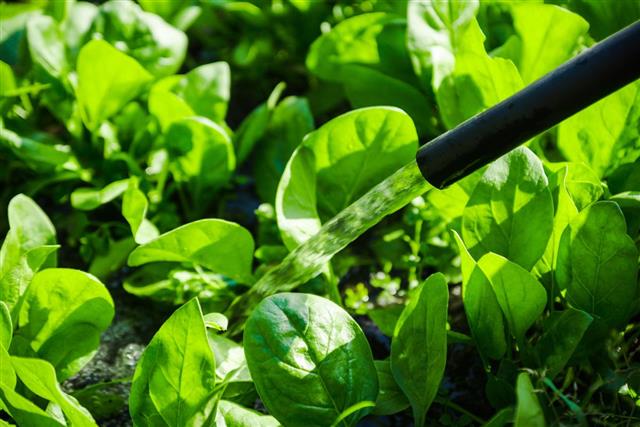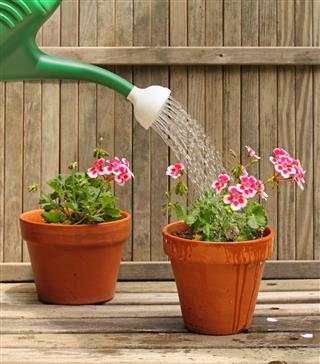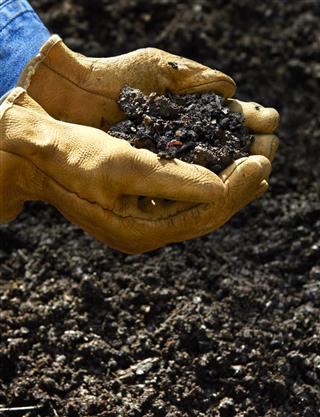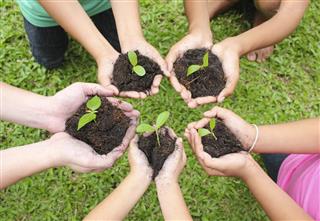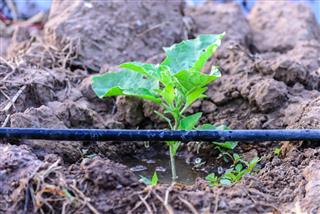
Plant growth refers to the process, wherein it increases in size and matures gradually. But, actually what makes plants grow? To understand all about the factors responsible for growth and development of plants, read on…
Plants are crucial for the functioning of any ecosystem. Had there been no plants on Earth, there will be no life as such. They are the producers of food in any type of food chain or food web, from which food in the form of chemical energy circulates to other living organisms. Refer to any food chain sample, and you will find plants occupying the first level. Nearly all of us are well acquainted with different types of plants, their use as food, medicines, and ornamental purposes.
Plants Growth Process: What Makes them Grow?
Plants grow best when the basic necessities are supplied naturally or artificially. Like animals require air, water, and food for survival, plants need water, certain nutrients, and environmental factors for growing. Depending upon the efficiency of these two processes, the food synthesis and growth rate of plants may vary.
Photosynthesis is the process, exclusively performed by plants, responsible for production of food in the form of glucose. And respiration refers to the mechanism of releasing this stored glucose while carrying out the metabolic processes. Both these processes occur hand-in-hand during plant growth and development. Thus, in order to ensure luxuriant growth of plants, certain requirements for uninterrupted photosynthesis and respiration are provided, which are discussed below.
Air
Air is a basic necessity for plants’ growth and survival. For example, carbon dioxide is required for photosynthesis; whereas, oxygen is essential for aerobic respiration. Nitrogen, on the other hand, is present in several parts of the plant and plays a major role in formation of enzymes, proteins, and other nutrients. In nature, plants get these elements from the atmosphere. Greenhouses are specifically constructed to supply an adequate amount of carbon dioxide for optimum growth of plants.
Water
Water is also a raw material for photosynthesis process, with the help of which glucose is produced in the presence of sunlight. Plants take up water with the help of their roots that penetrate deep inside the soil. This is also the main reason why we need to water the plants regularly or as per their requirements. No doubt, there are certain plant species (e.g. cactus and desert plants) that can adapt in arid or drought regions. But, they still require moisture to synthesize food.
Light
When we say photosynthesis, it means synthesis of chemical compounds in the presence of light. In simple terms, light is also a factor that makes plants grow. Some plants require full sun (6 – 8 hours light daily), while others grow in partial sun (4 hours light daily). There are also plant species that require light exposure for flowering and fruiting. While the plants grown outdoors obtain natural light from the sun, indoor plants are supplemented with artificial light.
Nutrients
As per plant specialists, 16 nutrients are needed for best growth of plants. And depending upon the concentration in which these nutrients are required, they are classified as macronutrients and micronutrients. Examples of macronutrients include nitrogen, phosphorus, and potassium, etc. (simply referred to as NPK); while zinc, iron, copper, manganese, etc. are included in the list of micronutrients for plants. Lack of these nutrients has a negative effect on the plant growth. Thus, very often, we supplement plants with fertilizers to make up for the deficiency of nutrients in the soil.
Soil
While soil itself is not necessary for plants, it serves as the medium for supplying the basic nutrients and moisture for plant growth and development. This is evident from the fact that plants can be grown in water (hydroponic gardening) and soilless culture, provided the essential nutrients are supplied to the plants. Soil, in its natural habitat and a garden, supports the root system and the plant as a whole. A well-drained, fertile, and good textured soil is required for healthy growth of plants.
Other factors that influence the plant growth process are temperature, soil pH, rainfall, wind, and climatic conditions. I hope this article help you in understanding the factors responsible behind the growth and development of plants.

